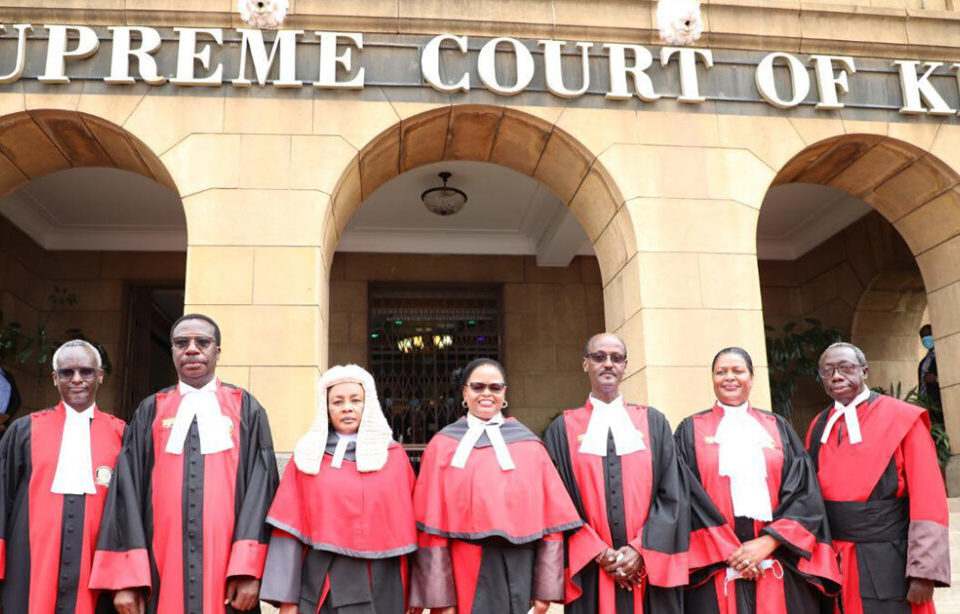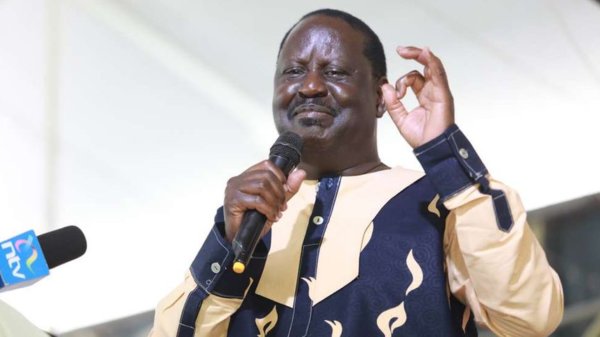
The Supreme Court of Kenya has given a ruling on the Building Bridges Initiative (BBI) appeal.
The court led by Chief Justice Martha Koome ruled that the BBI did not take the necessary steps, and thus failed to meet some basic constitutional obligations.
The Judges in most cases disagreed with the Court of Appeal and the High Court on a number of topics during the verdict.
All Judges decided that Kenya is not covered by the Basic Structure Doctrine.
Except for Justice Njoki Ndung’u, the Judges unanimously concluded that the President couldn’t pursue constitutional reforms in his capacity as Head of State.
All of the Judges agreed that the BBI’s Second Schedule was unlawful except for Njoki Ngu’ngu. The Supreme Court determined that the creation of new constituencies must be subjected to substantial public input. In the BBI case, however, this was not the case.
Also Read Mike Sonko Responds To Court Ruling On Swearing-in Of Anne Kananu
The judges agreed unanimously that the President cannot be sued while in office. The Head of State, on the other hand, can be sued before the start of a term or after it has ended.
Except for Justice Ibrahim Mohammed, all of the Supreme Court judges agreed that the Independent Boundaries and Electoral Commission (IEBC) was lawfully formed and had the authority to verify signatures.
The final verdict is scheduled to be given on Tuesday, April 5 2022.

































































